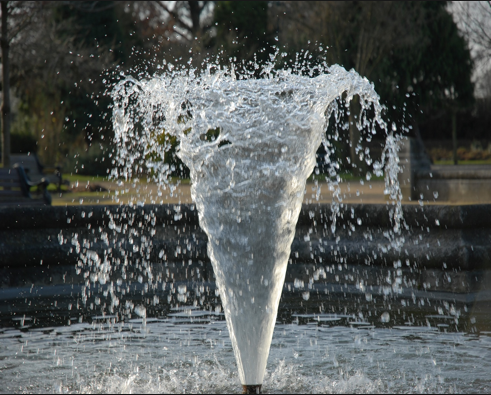Demystifying information on pregnancy, fertility,
and all the things about our ladyparrts
About me
Contact me
Procreation urination
Everyone knows pregnant women need to pee all the time. It has become a bad joke.
I bet you didn’t know that urine smell and color can change during pregnancy though. This doesn’t really affect how much you urinate, but it’s just interesting.
- The change in smell can be from different foods and changing hormones.
- The change in color is probably from your prenatal vitamin. The vitamin B6 (also called pyridoxine) part of prenatal vitamins makes your urine a fluorescent yellow – green. We also use B6 as a supplement to decrease nausea and vomiting during pregnancy (25mg three times a day often does wonders). The fluorescent pee is not harmful … it’s just weird.
- Other medications given in pregnancy may change the color of your urine too: Pyridium, given to help calm down symptom of an urinary tract infection, makes your urine orange. Phenergan can help with nausea and vomiting but will make you pee blue or green. Metronidazole and nitrofurantoin – both antibiotics given for infections during pregnancy – can change your urine to dark brown or tea colored. This rainbow colored urine returns to baseline when you stop taking the medication.
So now we get to the urinary frequency changes of pregnancy. Urinating more than 7 times per day is considered “frequent”. Getting up from bed at night to pee, called nocturia, is defined as 2 or more times at night. These symptoms affect 80-95% of women at some point during pregnancy. So yes, they are extremely common.
The frequency in urination is considered “multifactorial”, which means there are many different factors, and we don’t know all of them. We know there is an overall increase in urine output during pregnancy, which makes you urinate more often. We know later in pregnancy the uterus does compress the bladder, which makes you feel like you have to pee all the time. But women notice increases in urination as early as 5-6 weeks, and the uterus is not compressing anything at that point (it’s barely bigger than normal), so we know the uterus pushing on the bladder is not the only culprit.
Nocturia causes include the same reasons – if you have to pee more often, that includes at night too. Later in pregnancy, when you are nice and swollen, your doctor will tell you to rest and put your feet up. This happens at night when you sleep. The swelling goes down, and that extra fluid – where does it go? Through your kidneys to your bladder.
My last (and most distressing) urinary change in pregnancy is about incontinence … aka you can’t hold your urine and you pee yourself. Urinary incontinence in pregnancy is caused by several things: once again, the uterus presses on bladder, making the bladder harder to control; there are hormonal effects on the urethra (your pee hole, in case you didn’t know the medical term), making you unable to control the flow from there as well. The bad news here is that incontinence during pregnancy is associated with worse, persistent incontinence after you have the baby too. There are exercises and surgeries to help with this problem, but it’s embarrassing and really uncomfortable in the meantime.
So now you know a little about procreation affecting your urination. Hot topic. Glad I could help.
ADD A COMMENT
Apr 26, 2013
Original post published:
* Content reviewed annually for accuracy
Leave a Reply
Submit Form
Want to chat more? Email me directly or fill out the form below!
I cannot respond to patient inquiries (insurance, scheduling, requests for appointments) or requests for medical advice.
You can contact my office at (310) 423-1224 for more information.
If you are an existing patient, message me through your patient portal.

Do you find your problem hard for you? Infertile or Heartbroken? Are you finding it difficult looking for a reliable herbal healer to cure your sickness? I say this because I have been helped by Lord Krish Spiritual in restoring happiness into my life. My Mom had been sick with Stage 4 Melanoma Cancer which nearly took her life. I was sad because of this sickness and I didn’t know what to do to save my mother’s life. I would never have met Lord Krish if my friend had not introduced him to me by telling me about a herbalist who has helped so many people worldwide and it’s true. I contacted Lord Krish at lordkrishshrine@gmail.com and within 3 days, I received herbal medicine from him through a courier and I used it on my mom. Within a week, mom was cured and healed. I would advise anyone out there to Contact Lord Krish at lordkrishshrine@ gmail. com and meet him to help you with any sickness you are passing through